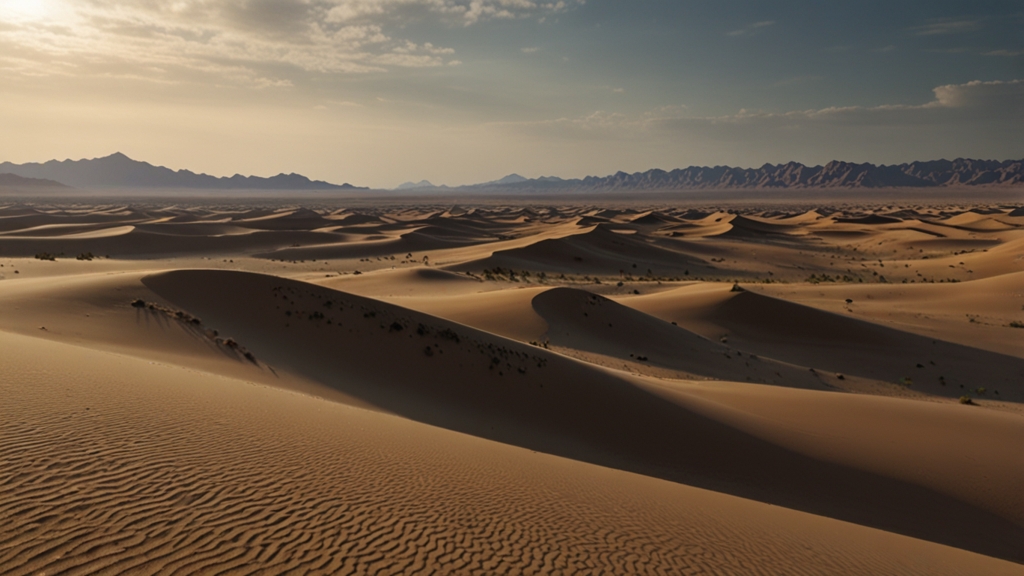Philosophy and the Environment: Rethinking Our Relationship with Nature
The connection between philosophy and the environment has grown increasingly significant in recent years. As environmental crises become more acute, the need to rethink our relationship with nature becomes increasingly urgent. Philosophical inquiry provides valuable perspectives and frameworks for understanding and potentially resolving these pressing issues. This article delves into how philosophy challenges us to reconsider our place within the natural world and how this essential shift in thought can lead to more sustainable behaviors and policies.
The Roots of Environmental Philosophy
Environmental philosophy emerged as a distinct field in the latter half of the 20th century, drawing from diverse philosophical traditions to address the ethical, metaphysical, and existential questions posed by the ecological crisis. Early philosophers like Henry David Thoreau and John Muir laid the groundwork for appreciating nature's intrinsic value, beyond its utility to human beings.
"In wildness is the preservation of the world." — Henry David Thoreau
Thoreau's reflection invites us to see nature not merely as a background for human activities but as an integral, valuable part of the world. This perspective challenges utilitarian views, which prioritize nature's usefulness over its inherent worth.
Anthropocentrism vs. Ecocentrism
One significant philosophical debate in environmental thought is the conflict between anthropocentrism and ecocentrism. Anthropocentrism centers human beings at the heart of ethical consideration, often leading to exploitative attitudes toward the environment. In contrast, ecocentrism posits that all elements of the ecosystem deserve ethical consideration, promoting a more holistic and less hierarchical view.
"The land ethic simply enlarges the boundaries of the community to include soils, waters, plants, and animals, or collectively: the land." — Aldo Leopold
Leopold’s "land ethic" encourages us to think about the environment as a community to which we belong, rather than as a resource to be consumed. This fundamental shift can have profound implications for environmental policy and personal behavior, pushing us toward more sustainable practices.
Deep Ecology and the Self
Deep ecology, a movement founded by Norwegian philosopher Arne Naess, further expands on ecocentric ideas by advocating for a more profound reconnection with nature. It calls for a radical change in how we perceive ourselves in relation to the environment. Deep ecology demands not just surface-level changes but a spiritual and philosophical transformation.
Naess's concept of the "ecological self" requires individuals to see themselves as part of the broader ecological system, promoting an intrinsic respect for all living things. This interconnected view shifts the focus from individual rights to collective responsibilities, fostering a sense of stewardship over nature.
Environmental Justice and Ethics
Philosophical discussions about the environment also encompass issues of justice and ethics, particularly concerning marginalized communities disproportionately affected by environmental degradation. Environmental justice seeks to address the inequities that arise from pollution, climate change, and resource exploitation.
One of the critical concerns here is that the most vulnerable populations often bear the brunt of environmental harm, despite contributing the least to its causes. Philosophers argue that a comprehensive approach to environmental ethics must include considerations of social justice, advocating for policies that protect both the environment and the human communities within it.
Conclusion: Toward a New Environmental Ethic
Philosophy offers powerful tools for rethinking our relationship with nature. By challenging anthropocentric views and proposing more inclusive, ecocentric perspectives, it paves the way for more ethical and sustainable interactions with the natural world. Deep ecology urges us to reconceptualize our sense of self in relation to the environment, while environmental justice reminds us of the interconnections between social and ecological health.
Ultimately, adopting a new environmental ethic—one that respects the intrinsic value of nature, recognizes our place within it, and seeks to protect the rights and well-being of all its inhabitants—may be our best hope for addressing the ecological crises we face today. Through philosophical inquiry, we can begin to understand the profound changes required to create a more sustainable and just world for future generations.














